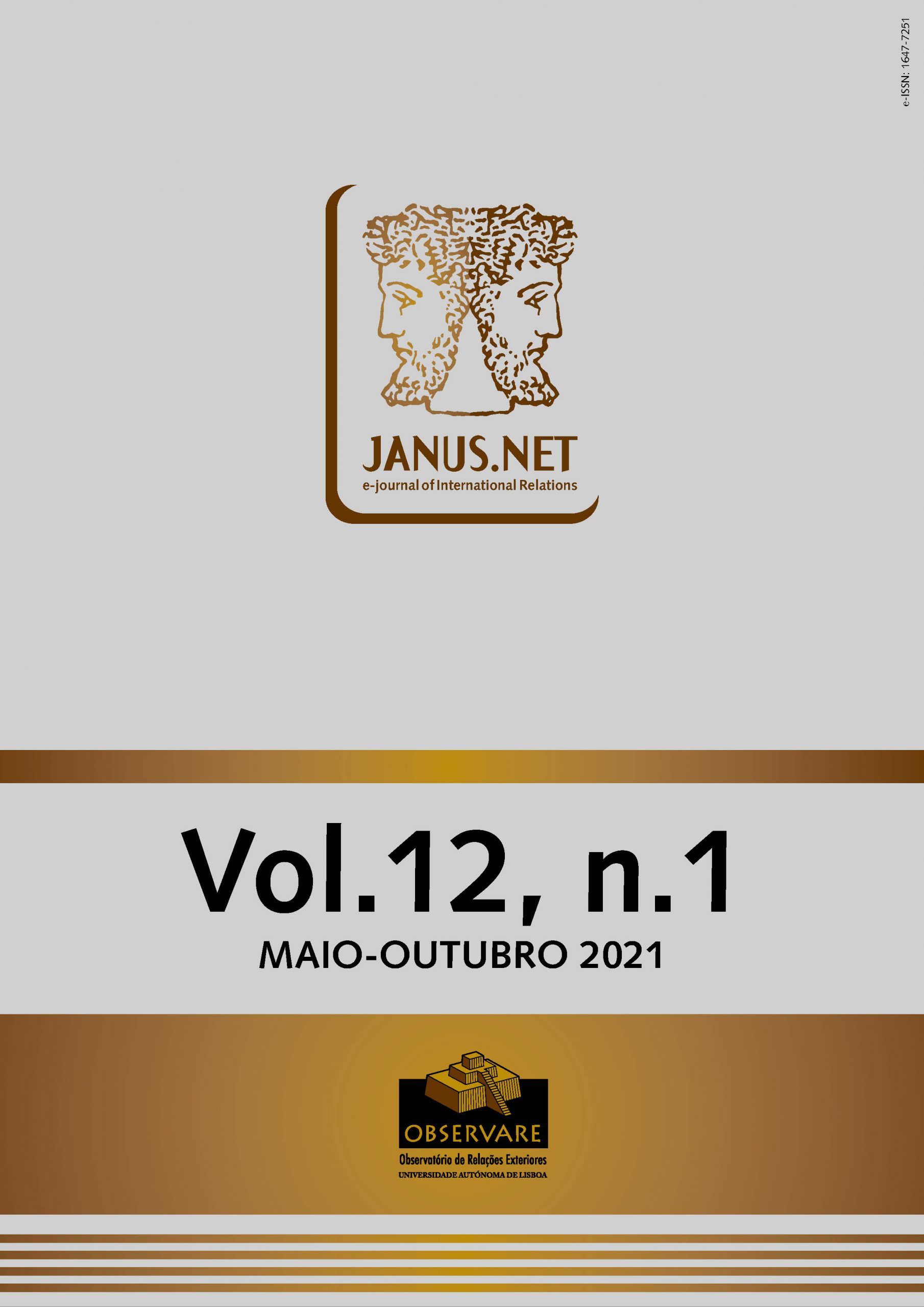This paper analyses the different terms used in public diplomacy and the symbiotic relations that connect the European Union and China through culture, mobility, cultural diplomacy and soft power. The first part of the article reviews the main treaties and agreements signed between the two continents in the cultural field and explain mobility as a driver to enhance relations among countries. The main objective and central axis of the article is to examine the roles played by the cultural and creative industries in the field of international relations and diplomacy between the European Union, Spain and China through a case study: an analysis of Chinese artists in the Spanish residencies. The methodologies used are qualitative and quantitative analysis through in depth interviews with Chinese artists, a survey to artistic residencies and Geographic Information Systems (GIS) mapping. The last part of the paper offers some reflections and conclusions about the correlation between, and relevance of the cultural and creative industries for cultural diplomacy or mobility between countries, soft power and the image of a country abroad.
THE ROLE OF THE CULTURAL AND CREATIVE INDUSTRIES IN CULTURAL DIPLOMACY AND SOFT POWER BETWEEN CHINA AND THE EUROPEAN UNION
silviamaria.gonzalez@gmail.com
She holds a Ph.D. in Leisure and Human Development from the University of Deusto (Spain). She has a Master Degree in Civil and Commercial Law from Xiamen University (China), and one in Safety and Occupational Health: Occupational Risk Prevention from the Spanish Chamber of Commerce and in Leisure Project Management: Tourism, Culture and Sports from the University of Deusto. She has a degree in local Cultural Management from the University of Deusto and
International Law from the Xiamen Academy of International Law. Silvia has written international articles and has been working and training at the University of Deusto, CiCtourgune, DuPont and the University of Oviedo. Currently, she is a freelance consultant and researcher in several European projects (wom@rts and 4HCreat). Her areas of interest are city branding, cultural diplomacy, cultural policy, cultural management, events management and communication, tourism management, creative and cultural industries, and cooperation.
Resumo
Palavras-chave
Como citar este artigo
Férnandez, Silvia María González (2021). The role of the cultural and creative industries in cultural diplomacy and soft power between China and the European Union. Janus.net, ejournal of international relations. Vol12, Nº. 1, May-October 2021. Consulted [online] at date of last visit, https://doi.org/10.26619/1647-7251.12.1.3
Article received on 21 November, 2019 and accepted for publication on 24 September, 2020















